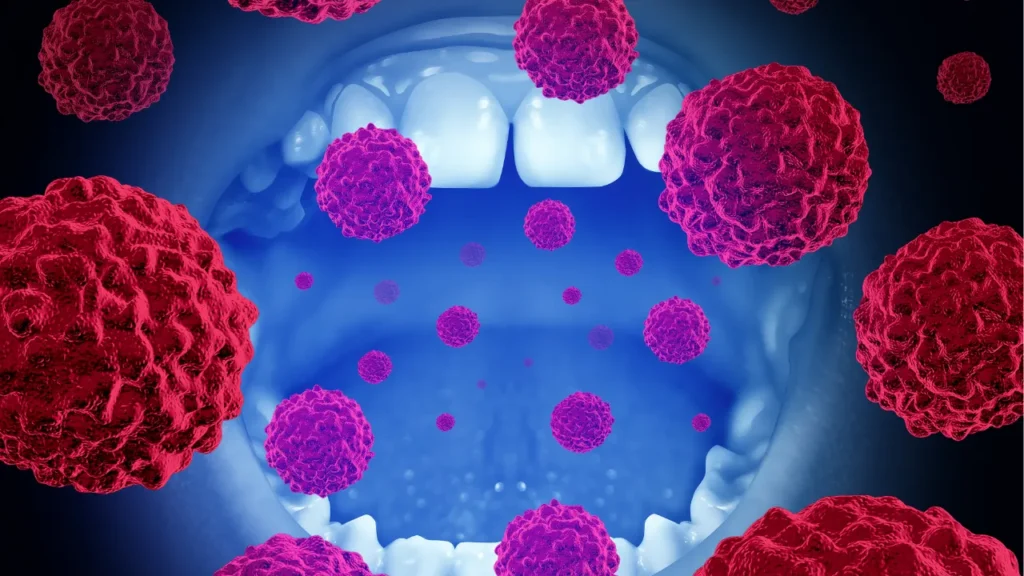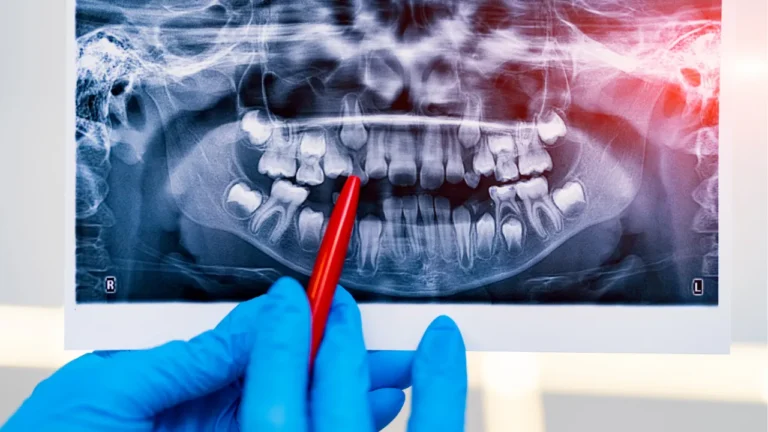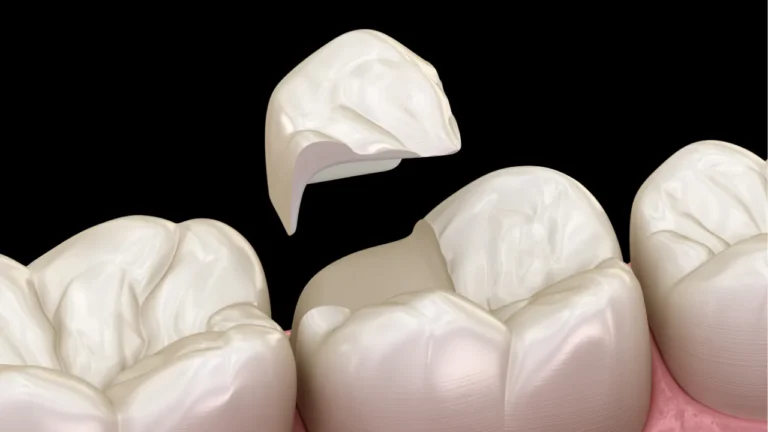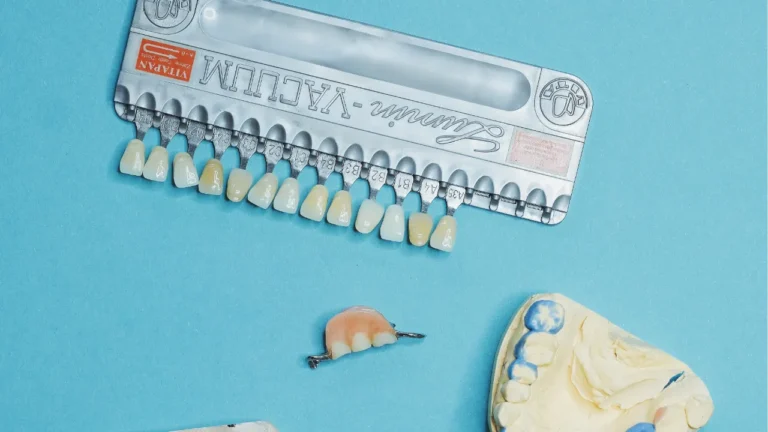Oral infections often show up as pain, swelling, bad breath, sores, or bleeding gums — and early treatment can prevent serious complications.
From gum disease and abscesses to fungal infections like oral thrush, knowing the warning signs helps you seek care before things get worse.
Prompt treatment from your dentist, along with good oral hygiene, is the best way to heal and protect your smile.
Short Summary
- Oral infections are caused by harmful bacteria, viruses, or fungi affecting various parts of the mouth.
- Common oral infections include gum disease, dental abscesses, oral thrush, cold sores, and pericoronitis.
- Key warning signs are persistent bad breath, pain, swelling, bleeding gums, and white or red patches.
- Prevention includes good oral hygiene, avoiding tobacco, staying hydrated, eating a balanced diet, and regular dental visits.
- Prompt professional treatment is crucial for effective healing and maintaining oral health.
What Is an Oral Infection?
An oral infection occurs when harmful bacteria, viruses, or fungi invade the tissues in your mouth.
These infections may affect the gums, teeth, tongue, lips, or inner cheeks, and they can range from mild to severe.
Common Types of Oral Infections
1. Gingivitis and Periodontitis
- Cause: Plaque buildup and poor oral hygiene
- Symptoms: Red, swollen, or bleeding gums; bad breath; gum recession
- Treatment: Professional cleaning, improved oral hygiene, and possible periodontal therapy
2. Dental Abscess
- Cause: Untreated tooth decay or gum disease leading to pus build-up
- Symptoms: Throbbing pain, swelling in the jaw or face, fever, foul taste in the mouth
- Treatment: Drainage of the abscess, antibiotics, root canal, or tooth extraction
3. Oral Thrush (Candidiasis)
- Cause: Fungal infection (Candida), often due to antibiotics, dry mouth, or weakened immunity
- Symptoms: White patches on the tongue or cheeks, burning sensation, difficulty swallowing
- Treatment: Antifungal medications, improved oral hygiene
4. Herpes Simplex Virus (Cold Sores)
- Cause: Viral infection (HSV-1)
- Symptoms: Painful blisters around the mouth or lips, itching or burning before the sore appears
- Treatment: Antiviral creams or tablets, keeping the area clean and dry
5. Pericoronitis
- Cause: Infection around a partially erupted wisdom tooth
- Symptoms: Pain and swelling near the back of the mouth, difficulty opening the mouth
- Treatment: Cleaning the area, antibiotics, or extraction of the wisdom tooth
Warning Signs to Watch For
If you notice any of the following, it’s time to book an appointment with your dentist:
- Persistent bad breath or bad taste
- Pain or swelling in the gums, jaw, or face
- Bleeding when brushing or flossing
- Loose teeth
- White or red patches in the mouth
- Fever, fatigue, or swollen lymph nodes in the neck
How to Prevent Oral Infections
1. Brush and Floss Daily
Good oral hygiene is your first line of defence against infections. Brush twice a day with fluoride toothpaste and floss once a day to remove bacteria between the teeth.
2. Avoid Tobacco Products
Smoking and chewing tobacco weaken your immune system and increase your risk of oral infections and gum disease.
3. Stay Hydrated
A dry mouth provides a perfect environment for harmful bacteria. Drink water throughout the day to support saliva production.
4. Eat a Balanced Diet
Foods rich in vitamins A, C, and D strengthen your immune system and support oral health.
5. Visit Your Dentist Regularly
Routine check-ups help catch problems early and keep your mouth infection-free.
Don’t Ignore the Signs — Every Smile Is Here to Help
Oral infections can escalate quickly, but early treatment makes all the difference.
At Every Smile Dentistry, we offer compassionate, effective care to help you recover and protect your smile.







